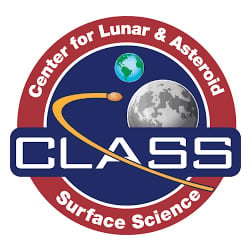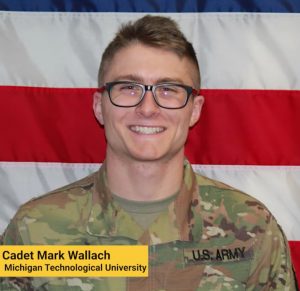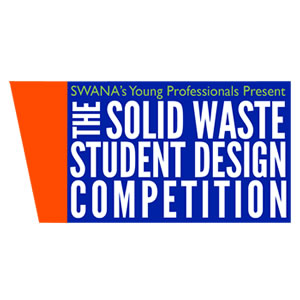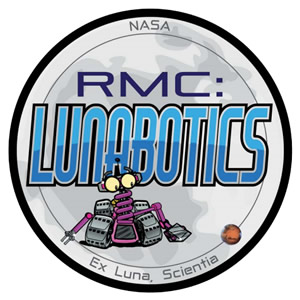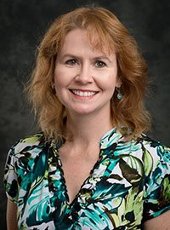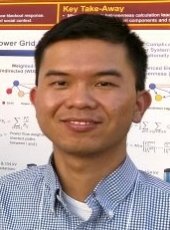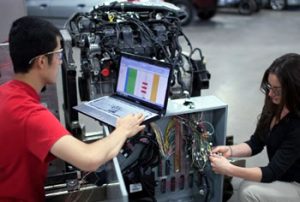 Michigan Tech’s Department of Mechanical Engineering – Engineering Mechanics (ME-EM) has earned 2019 Best of Houghton Awards. ME-EM received the award in the Colleges and Universities category.
Michigan Tech’s Department of Mechanical Engineering – Engineering Mechanics (ME-EM) has earned 2019 Best of Houghton Awards. ME-EM received the award in the Colleges and Universities category.
Each year, the Houghton Award Program identifies those believed to have achieved exceptional marketing success in their local community and business category.
Various sources of information were gathered and analyzed to choose the winners in each category. The 2019 Houghton Award Program focuses on quality, not quantity. Winners are determined based on the information gathered both internally by the Houghton Award Program and data provided by third parties.
The Houghton Award Program is an annual awards program honoring the achievements and accomplishments of local businesses throughout the Houghton area. Recognition is given to those companies that have shown the ability to use their best practices and implemented programs to generate competitive advantages and long-term value.
